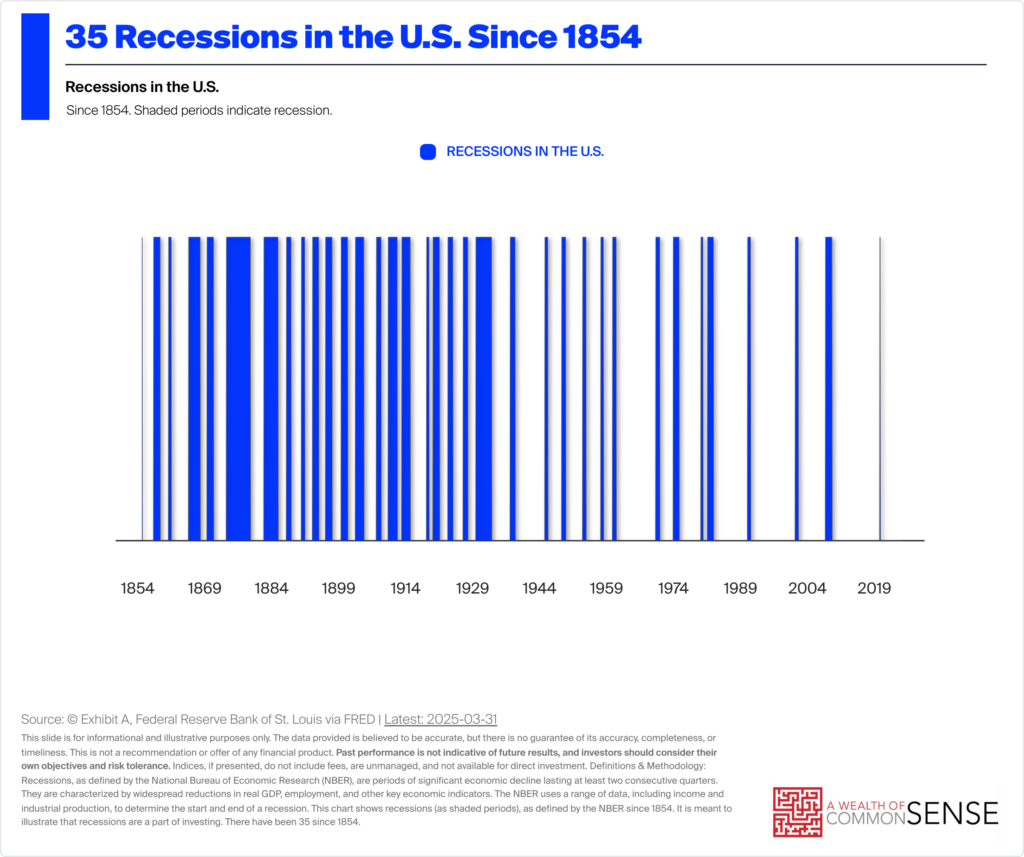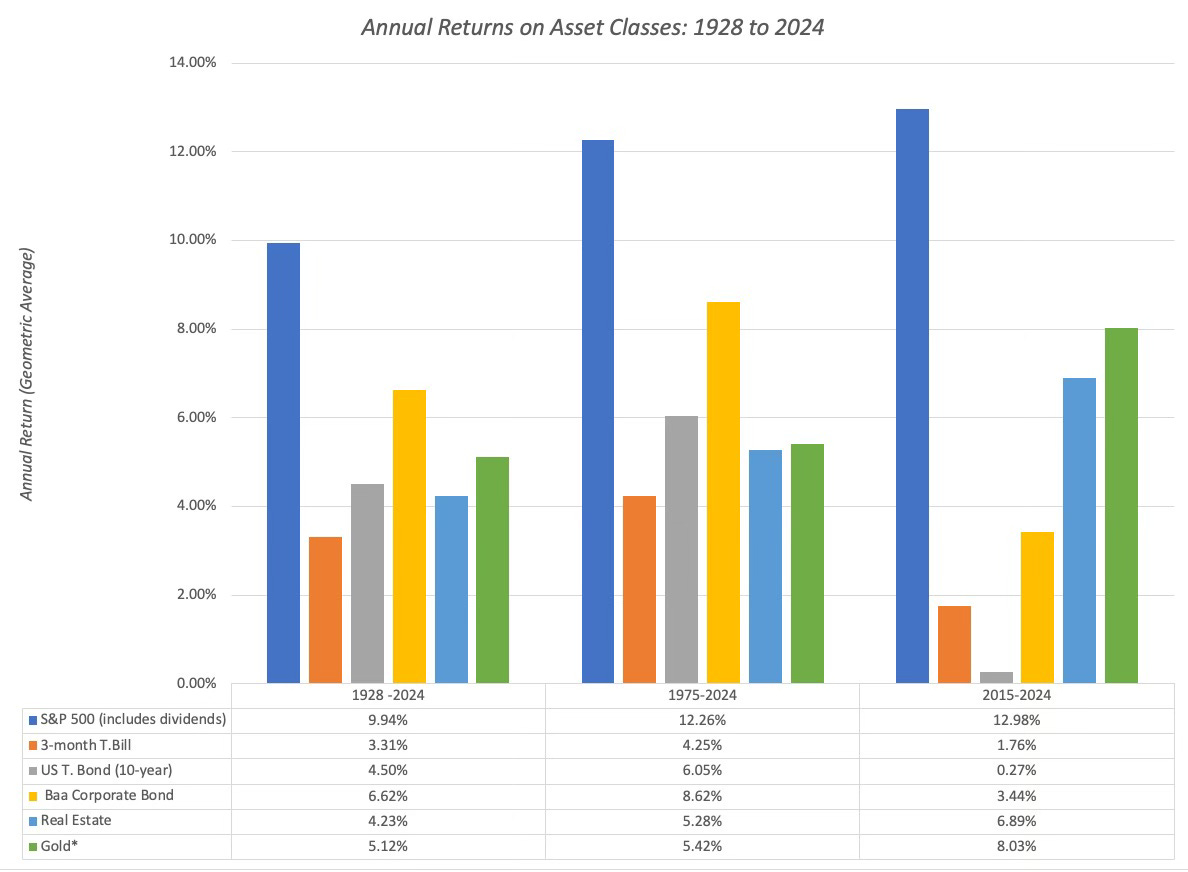5 Ways to Reduce Your Chances of Being Audited by the IRS This Year
Now that the 2025 tax-filing season is underway, a lot of people are busy getting their returns done in the hopes of snagging their refunds sooner — or even just to get an annoying task off of their plates. You may be worried about getting audited on your taxes, even though the likelihood is […] The post 5 Ways to Reduce Your Chances of Being Audited by the IRS This Year appeared first on 24/7 Wall St..

Key Points
-
Although tax audits aren’t always so scary, you probably want to avoid one.
-
Being honest about your earnings is a great way to keep the IRS at bay.
-
Also know which deductions you can claim, and make sure your numbers are accurate.
-
4 million Americans are set to retire this year. If you want to join them, click here now to see if you’re behind, or ahead. It only takes a minute. (Sponsor)
Now that the 2025 tax-filing season is underway, a lot of people are busy getting their returns done in the hopes of snagging their refunds sooner — or even just to get an annoying task off of their plates.
You may be worried about getting audited on your taxes, even though the likelihood is pretty low. And you should also be aware that tax audits aren’t usually the scary thing they’re made out to be in the media.
Often, in the course of a tax audit, you’ll simply have to provide the IRS with more information related to something you put on your tax return. The IRS doesn’t have the manpower to come to people’s doors and demand copies of their files, so don’t assume that that’s how audits typically go down. Most are conducted and resolved by mail.
That said, it’s natural to want to do what you can to avoid getting audited. And here are some ways to lower your odds.
1. Report all of your income
In today’s economy, gig work is pretty common. And you may have sources of income outside of your paycheck from work.
It’s important to tell the IRS about every income source you have, whether it’s a savings account, a brokerage account, or a side hustle driving for a rideshare service. If you fail to report income and the IRS finds out, it could spell trouble.
2. Make sure you know which deductions you’re eligible for
There are a number of deductions that are available to tax-filers, and taking advantage of them could lower your overall bill. But it’s important to know which deductions you’re allowed to take.
One mistake a good number of people make is assuming that they qualify for a home office deduction just because they work from home. Working out of your house does not automatically entitle you to that tax break, so it’s important to get the details straight.
And this applies to any deduction you’re thinking of claiming. If you’re not sure, do your research.
3. Don’t guess at deductions
There are different tax deductions you may be entitled to. But guessing at what they amount to is a bad idea.
Say you’re self-employed and deduct $10,000 in travel expenses. It’s a bit unlikely that all of your travel costs for the year magically came to $10,000 exactly. If they came to $10,022, tell that to the IRS. Numbers that are too perfect-looking might trigger the IRS to investigate.
4. Be careful with deductions that are disproportionate to your income
There’s nothing wrong with claiming legitimate deductions on your tax return. But be careful with deductions that are very high relative to your income.
It’s one thing to claim $10,000 in business expenses against $100,000 in earnings. It’s conceivable that you had to spend some money to make money.
But if you’re claiming $70,000 in expenses against $100,000 in earnings, that looks a little fishy. So if your total deductions are coming in high relative to the income you’re reporting, go back and make sure you’re supposed to be claiming all of the expenses you are.
5. Get help with your tax return
Doing your taxes solo won’t automatically mean that you’re upping your risk of an audit. But if your tax situation is complicated, working with a professional could be a good way to avoid further issues.
It may especially be worth hiring a professional if you own a business or are self-employed and aren’t sure which deductions to claim. And you may also want to use a professional if you have income from multiple sources, or if there’s anything about the filing process you find confusing.
The post 5 Ways to Reduce Your Chances of Being Audited by the IRS This Year appeared first on 24/7 Wall St..



























































































































































